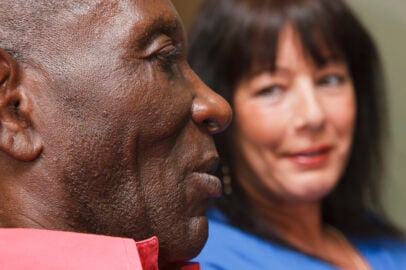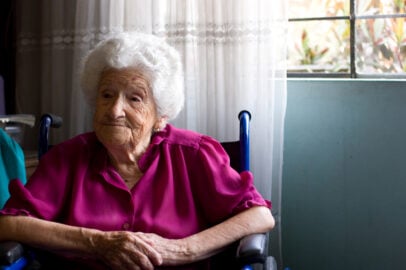Information, guidance, and accredited training for care and health staff to support, protect and empower people who may lack capacity.

Introducing the MCA
Why the MCA matters to everyone working in care, health, housing and other sectors.


MCA training
Accredited training, open or tailored courses, plus free learning resources.

Liberty Protection Safeguards
Guidance and updates on the implementation of Liberty Protection Safeguards.


Independent Mental Capacity Advocate
Understanding the role of mental capacity advocates.
